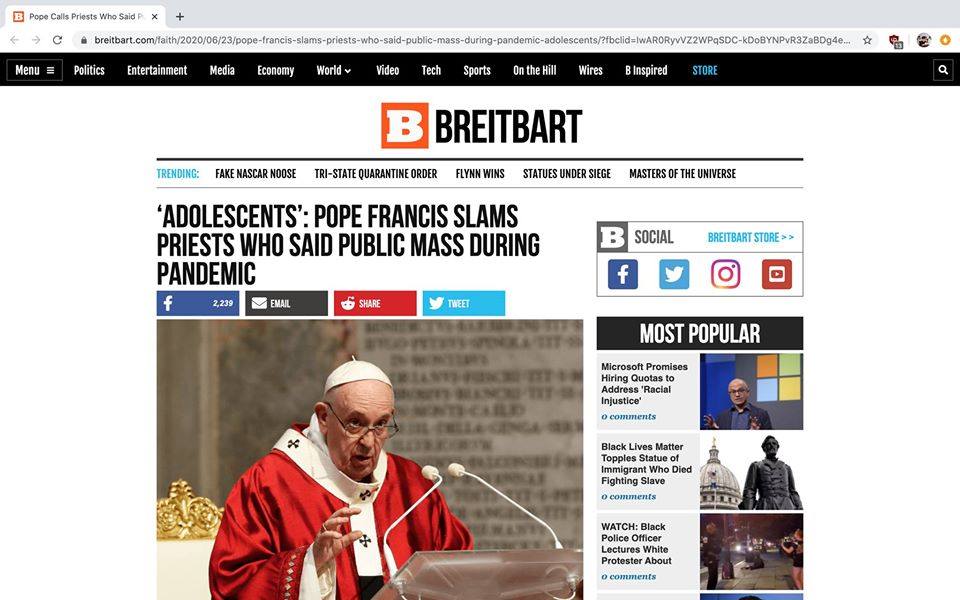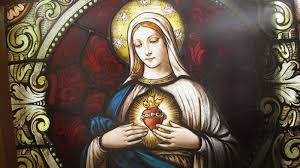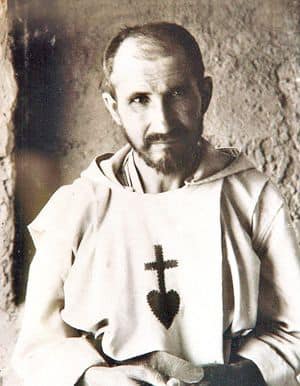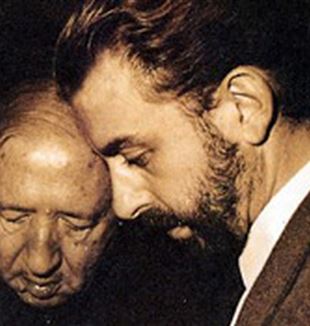
The Fraternity of Communion and Liberation has four people who are in some process of beatification/canonization and study for thereof. There is, of course, the Servant of God Father Luigi Giussani, the Servant of God Andrea Aziani, the Servant of God Enzo Piccinini and the soon to be beatified Carlo Acutis.
The other day on the website for Communion and Liberation there was an update on beatification of Enzo Piccinini. The update is that the nulla osta for the cause of beatification has been received from the Congregation for Saints. Only twelve months ago was the cause opened. The news came on “twenty-first anniversary of the death of the Modenese surgeon, friend and collaborator of Fr. Giussani, celebrated on Tuesday, May 26.” The nulla osta from the Holy See means that the diocesan inquiry for the cause can officially begin.
The announcement can be read be here.
In addition, we in the Movement are also waiting on the diligent work on the sainthood caused for Father Luigi Giussani, Andrea Aziani and the beatification of the Venerable Servant of God Carlo Acutis. We await word of a date for the beatification ceremony for Acutis.
The Acutis Family doesn’t have a history of practicing the Catholic Faith and there is speculation that the Polish woman who cared for Carlo introduced him to the person of Jesus. Known as a techi, Carlo was involved with CL and the Rimini Meeting. Two brief intros into the life and person of Carlo Acutis are from OSV and Crux. Acutis is a saint whose mission is (and was) to draw our attention to the reality of the Holy Eucharist and our devotion to the Most Blessed Sacrament.
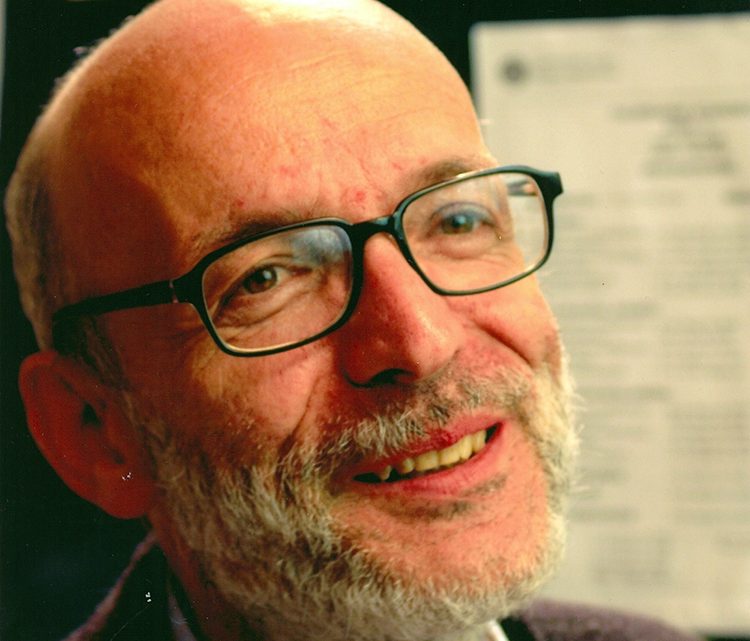 Andrea Aziani died 12 years ago while serving the Lord in Peru, where as a consecrated member of CL’s Memores Domini, he taught Philosophy at a school he helped to establish, Sedes Sapientiae University. His was a life to dedicated to Christ through the service of the poor. His cause proceeds.
Andrea Aziani died 12 years ago while serving the Lord in Peru, where as a consecrated member of CL’s Memores Domini, he taught Philosophy at a school he helped to establish, Sedes Sapientiae University. His was a life to dedicated to Christ through the service of the poor. His cause proceeds.
Aziani’s postulator is Father Antonio Nurena.
Saints beget saints.
